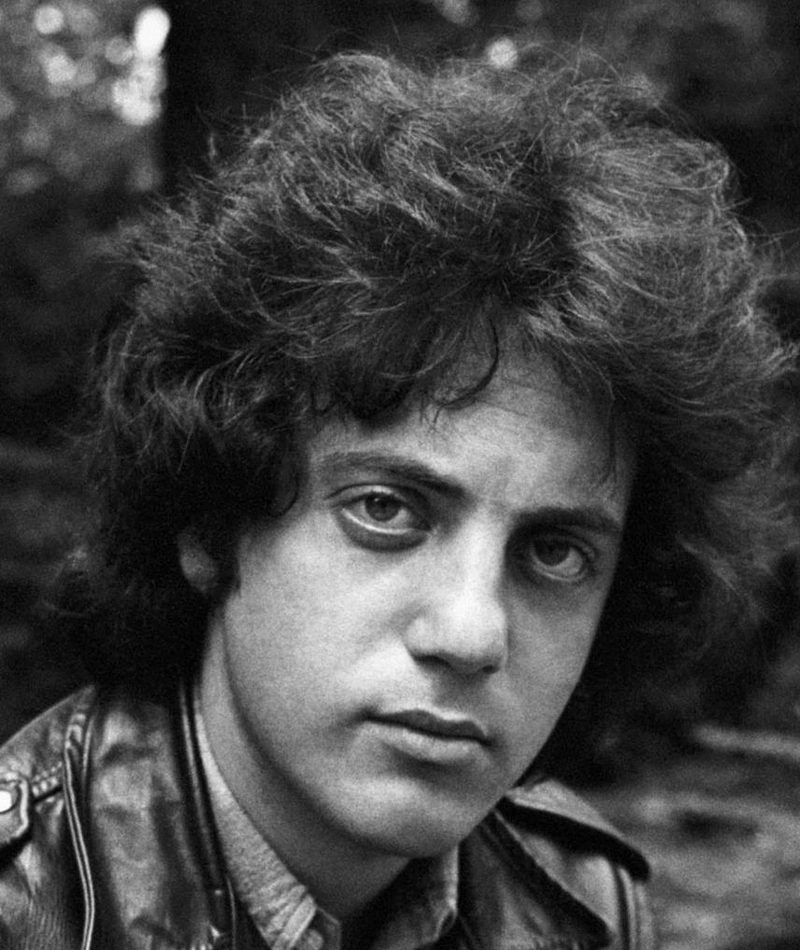
A Melancholic Ode to Life’s Unsung Heroes
In the dimly lit corners of a bar, where dreams and despair intertwine, Billy Joel‘s iconic ballad, “Piano Man,” finds its eternal stage. Released in 1973, this evocative anthem first graced the ears of the world as the title track of Joel’s breakthrough album. Charting modestly at number 25 on the Billboard Hot 100, “Piano Man” has since transcended its initial reception, becoming a timeless classic that resonates deeply with listeners across generations.
Billy Joel, an artist whose music often explores themes of love, loss, and the human condition, crafted “Piano Man” from the threads of his own experiences. Before his rise to fame, Joel spent time playing piano at The Executive Room bar in Los Angeles under the pseudonym Bill Martin. It was here, amidst the clinking of glasses and murmurs of conversation, that he absorbed the stories of those who sought solace in music and drink. Each night, his piano became a vessel for their tales—a melodic diary capturing the essence of life’s unsung heroes.
The song’s narrative unfolds like a tapestry woven with vibrant characters—each one etched into memory through Joel’s masterful storytelling. There’s John, the bartender who dreams of being a movie star; Paul, a real estate novelist whose aspirations are as yet unfulfilled; and Davy, a sailor who longs for his homeland. Through these characters, Joel paints a poignant portrait of dreams deferred and the bittersweet passage of time.
At its core, “Piano Man” is more than just a song—it’s an ode to the everyday struggles and quiet triumphs of ordinary people. The lyrics carry a sense of wistful nostalgia, evoking memories of bygone days when life seemed simpler yet infinitely more complex. For many older listeners, Joel’s words serve as a mirror reflecting their own journeys—moments of joy intertwined with heartache.
Musically, “Piano Man” is anchored by its distinctive harmonica intro and Joel’s haunting piano melody. The arrangement is deceptively simple yet profoundly effective in conveying the emotional weight of the lyrics. As Joel’s voice rises and falls with each verse, it captures both the melancholy and hope that coexist within the human spirit.
This juxtaposition of despair and hope is perhaps what makes “Piano Man” so enduring. It speaks to those who have ever felt lost or unfulfilled—reminding them that they are not alone in their struggles. The bar becomes a microcosm of society—a place where individuals from all walks of life come together to find solace in shared experiences.
For Billy Joel, “Piano Man” was more than just a song about his time playing in bars; it was an exploration of identity and purpose. In interviews, he has often reflected on how music became his refuge during difficult times—a way to connect with others and find meaning in chaos.
As we listen to “Piano Man” today, it continues to resonate with new generations while holding special significance for those who remember its debut. Its timeless appeal lies in its ability to capture universal truths about life—the longing for connection amidst isolation; dreams that flicker like candle flames against encroaching darkness; moments where music becomes our saving grace.
In essence, Billy Joel’s “Piano Man” remains an enduring testament to the power of storytelling through song—a reminder that even amidst life’s uncertainties there is beauty in shared humanity. Whether you’re hearing it for the first time or revisiting old memories tied to its melody—it remains an invitation into a world where everyone has their story waiting to be told beneath dim bar lights illuminated by musical notes dancing on air.
